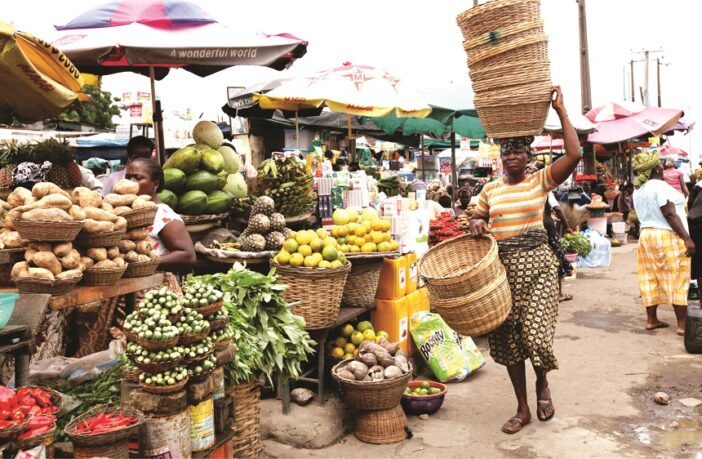Stanbic IBTC Bank’ Purchasing Managers’ Index (PMI) report said business activities in the Nigerian private sector were broadly stable in August.
The headline PMI ticked up to 49.9 in August from 49.2 in July but remained just below the 50.0 no-change mark and signalled a broadly stable picture for business conditions in the Nigerian private sector.
The report noted that “although new orders returned to growth, the rate of expansion was only modest and insufficient to result in a rise in business activity, which fell fractionally. Employment continued to increase, however, as firms worked through outstanding business at a faster pace.
“Companies continued to contend with sharply rising input costs, with the rate of inflation quickening since July. In turn, firms increased their own selling prices at a faster pace.”
It explained that “the stagnation in overall operating conditions was in line with the trend in business activity, which decreased fractionally for the second consecutive month. Companies reported that demand remained muted amid strong inflationary pressures, but there were some signs of encouragement as new orders returned to growth.”
Speaking, the head of Equity Research West Africa at Stanbic IBTC Bank, Muyiwa Oni said “the stagnation in overall operating conditions was in line with the trend in business activity; Nigerian companies posted a fractional reduction in business activity during August, as was the case in July.”
He noted that “although a renewed expansion of sales led some companies to increase their output, others reported that demand remained weak amid marked cost pressures. Activity rose in the manufacturing and wholesale & retail categories but fell in agriculture and services.
“On purchase prices, respondents noted higher costs for materials, most notably animal feed and paper, while logistics and transportation were also a source of inflation amid higher fuel prices.”
According to him, some panellists noted the weakness in the USD/NGN pair. The rate of output price inflation also quickened to a five-month high in August as just under half of all respondents signalled a rise in charges. The increase in output prices reflected the pass-through of higher costs to customers.
“The Nigerian economy grew by 3.19 per cent year-on-year in Q2, 2024, from, as oil sector growth was almost doubled that of Q1, 2024, even as the non-oil sector flatlined at 2.80 per cent Y-o-Y, the same as in Q1, 2024. The lingering weakness in the non-oil sector continues to reflect elevated interest rates, persistent inflationary pressures, and local currency depreciation.
“Nonetheless, the contribution of information and communication (ICT) to the overall economic growth has been moderating since Q3, 2023. However, gains from the oil sector have been proven to be compensating, keeping the overall economy on a 2.5 to 3.2 per cent Y-o-Y growth path.”
For the second half of the year, Oni said “the anticipated moderation in headline inflation should provide some respite for domestic demand. However, elevated interest rates and local currency depreciation remain headwinds for the non-oil sector. Besides, weak growth in internet and telephone subscribers may continue to put a cap on the ICT’s growth, even with increased data traffic. Overall, we retain our 2024 growth forecast of 3.1 per cent.”
Business Activities Remain Stable In August
Share.




